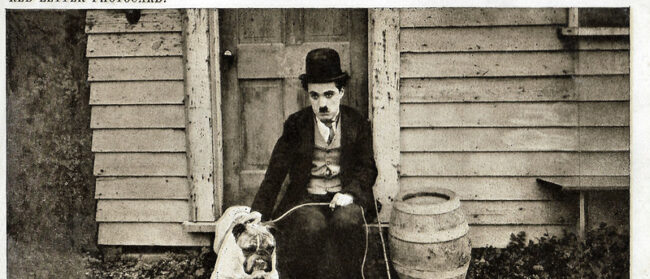Bamboo poles, beer crates, ladders and broken chairs: everyday objects form makeshift barricades on Hanoi’s streets as authorities try to slow the spread of coronavirus.
Vietnam’s capital has been in lockdown for more than a month but with daily case numbers refusing to budge, restrictions on movement have become even tighter.
The city is now divided into tiny segments, with movement between each extremely difficult.
“It is like living in a jail,” 72-year-old Hanoi resident Ho Thi Anh said.
All alleys leading to Anh’s home have been blocked, with no-one allowed in or out after virus cases were discovered in the area.
Once every three days, her family brings her food — dropping it at the foot of the steel barriers that encircle her neighbourhood.
In some parts of the city the barricades are cobbled together by volunteers.
Although Hanoi’s case numbers remain relatively steady — with the city recording between 50 and 100 cases each day — there is huge anxiety over the escalating crisis down south in Ho Chi Minh City.
The commercial hub is reporting thousands of new infections and hundreds of deaths a day, and Hanoi residents fear the same fate for their city.
Across the country more than 11,000 people have died.
“No strangers can access our community,” said Nguyen Ha Van, a 45-year-old volunteer guarding a barricade consisting of one steel barrier, a wooden table and a long wooden stick.
“It’s good we set up barriers like this… it means our area is free of the virus,” Ha told AFP.
Vu Manh Dung, a delivery driver, admitted everyone knew ways around the barricades but said he “strongly supports” the system.
“Of course there are ways in… but we have to abide by the regulations.”
© Agence France-Presse


